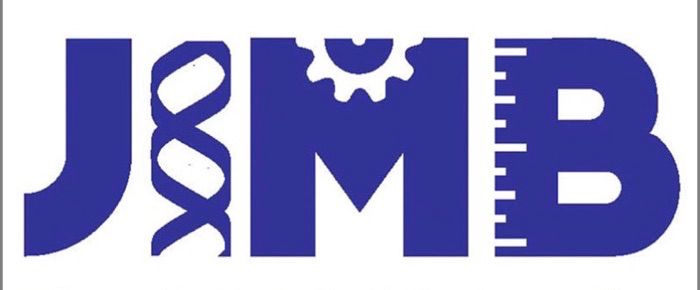 The Joint Initiative for Metrology in Biology unites academic, government and industrial researchers in an effort to spur the already booming bio-economy by providing useful definitions of the equivalent of weights and measures for the molecular products and processes made possible by genomics and genetic engineering.
The Joint Initiative for Metrology in Biology unites academic, government and industrial researchers in an effort to spur the already booming bio-economy by providing useful definitions of the equivalent of weights and measures for the molecular products and processes made possible by genomics and genetic engineering.
- Written by Stanford News
Stanford-NIST collaboration aims to give the bio-economy a big boost by measuring tiny things
FeaturedToday, the National Institute of Standards & Technology and Stanford University have announced the formation of the Joint Initiative for Metrology in Biology (JIMB). This union of academic, government and industrial researchers aims to spur the already booming bio-economy by providing useful definitions of the equivalent of weights and measures for the molecular products and processes made possible by genomics and genetic engineering.
"To realize biotechnology’s tremendous promise, we need to develop measurement platforms – standards, methods and data – that support innovation within existing and entirely new industries," said Laurie Locascio, director of NIST’s Material Measurement Laboratory. “Stanford is a world-renowned research institution with strong relationships with area biotechnology companies that will continue to inform JIMB’s work so that it is as widely applicable as possible.”
That theme was echoed by her Stanford counterpart, Ann Arvin, vice provost and dean of research. “We have long considered NIST to be a key public partner in advancing biomeasurement science,” said Arvin, a professor of pediatrics and of microbiology and immunology in addition to her administrative duties. “We are delighted that NIST is now establishing a permanent West Coast presence to help advance basic science and promote innovative commercial developments.”
There are many multidisciplinary projects emerging from the JIMB consortia. The "consortia" are public-private-academic collaborations to develop standards for the bioeconomy. Consortium products include reference materials, reference data, reference methods, and documentary standards.
 Read the full article at Stanford News.
Read the full article at Stanford News.
Visible Legacy Comment
JIMB consortia play a vital role in enabling pre-competitive collaborations to standardize industrial processes by creating forums where government, industry and academic researchers are allowed and encouraged to share ideas and techniques. For example, at a workshop hosted by Professor Drew Endy, the Synthetic Biology Standards Consortium (SBSC) of more than 100 researchers from government, academia and industry, inside and outside the United States came together to discuss how to create safe, standardized bio-molecular products by reprogramming the genetic code of simple cells to turn them into bio-factories. More projects from this initiative will be mapped in Navigator the as they emerge. The outcomes should be of interest to Tech Scouts seeking innovations and scientists.
See the latest research from the ecosystem by exploring the map below!
Additional Info
-
Navigator:
 Explore the map in Navigator
Explore the map in Navigator - Widget:
- Caption: Stanford innovators and industry entrepreneurs have joined forces with the measurement experts from NIST to create a multidisciplinary Lab called the Joint Initiative for Metrology in Biology (JIMB) JIMB unites people, platforms, and projects to underpin standards-based research and innovation in biometrology
Related items
- The future of health care is in our cells
- Federal funding will help WSU professor develop technology to recover rare earth elements
- Unlocking the brain: Peptide-guided nanoparticles deliver mRNA to neurons
- Scientists Get to the Bottom of COVID’s Worst Pediatric Complication
- WSU-inspired national gene-editing task force begins work
